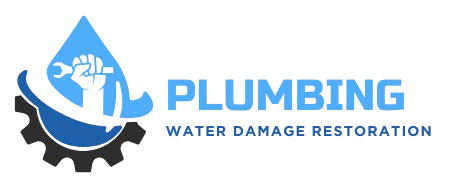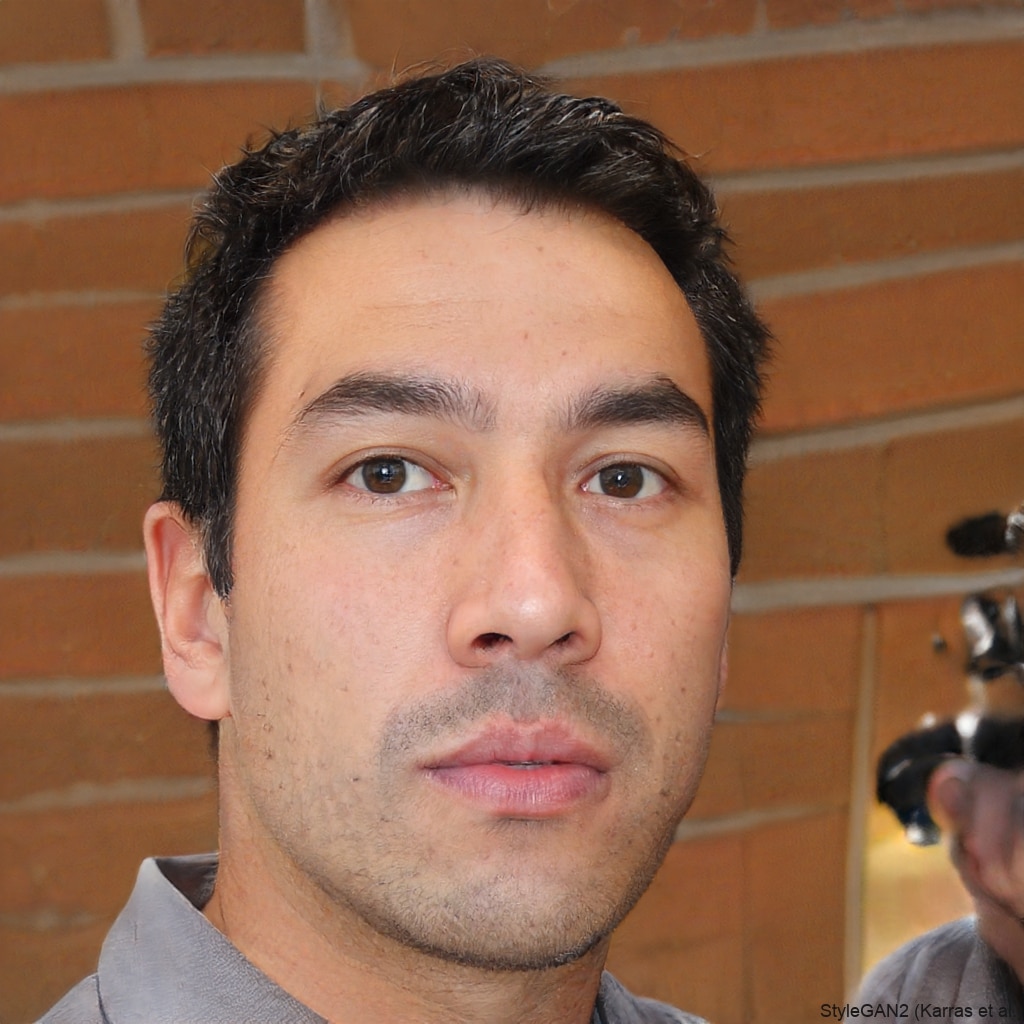Ensuring the choice of plumbing type for your residential or commercial structure is correct is critical. You have to do it once, and if you don't get it right, you might have to engage in a world of repairs and maintenance right alongside the inconvenient quality of your water. The National Association of Realtors put out a pamphlet a few years ago. In it, they said that the durability and reliability of plumbing systems—meaning the type and also the materials—are basically as important as the appearance of the plumbing system, which is also somewhat important because nobody wants ugly pipes sticking out in their kitchens or bathrooms. Long story short, the NAR recommends copper and PEX (cross-linked polyethylene) as the best types of plumbing for the life and looks of your system.
Besides the component parts, the kind of plumbing system needed can differ according to the very purpose and place within a property. A residential plumbing system, for example, tends to be simpler than its commercial counterpart, allowing for expedient travel of water to where it is needed and the same for wastewater going the other direction. But even within homes, specialized plumbing has to be laid out and installed with care, most especially in the two rooms where it is used most: the bathroom and the kitchen. If plans are made and decisions taken with an eye toward avoiding the sorts of mistakes that could yield future problems, a property could hardly be put into a more energy-efficient condition than the one it's already in by virtue of having water travel through pipes that are properly pitched and free of premature scale buildup, sufficient supply lines that don't take 5 minutes for the water to warm up or necessitate the retrieves of a wetsuit if you then want it to cool down, and so on.
Because plumbing is so fundamental to the overall environmental sustainability of a property, a number of residents in the city of Welby are earnestly exploring a range of eco-friendly alternatives, from sophisticated rainwater harvesting systems to simple low-flow fixtures. These living laboratories strewn across the Welby community offer a glimpse of "postmodern plumbing," plumbing that not only serves the convenient purpose of delivering clean, safe water to the user but also serves "the greater good." These folks are saving money and, at the same time, conserving a precious natural resource, water.










